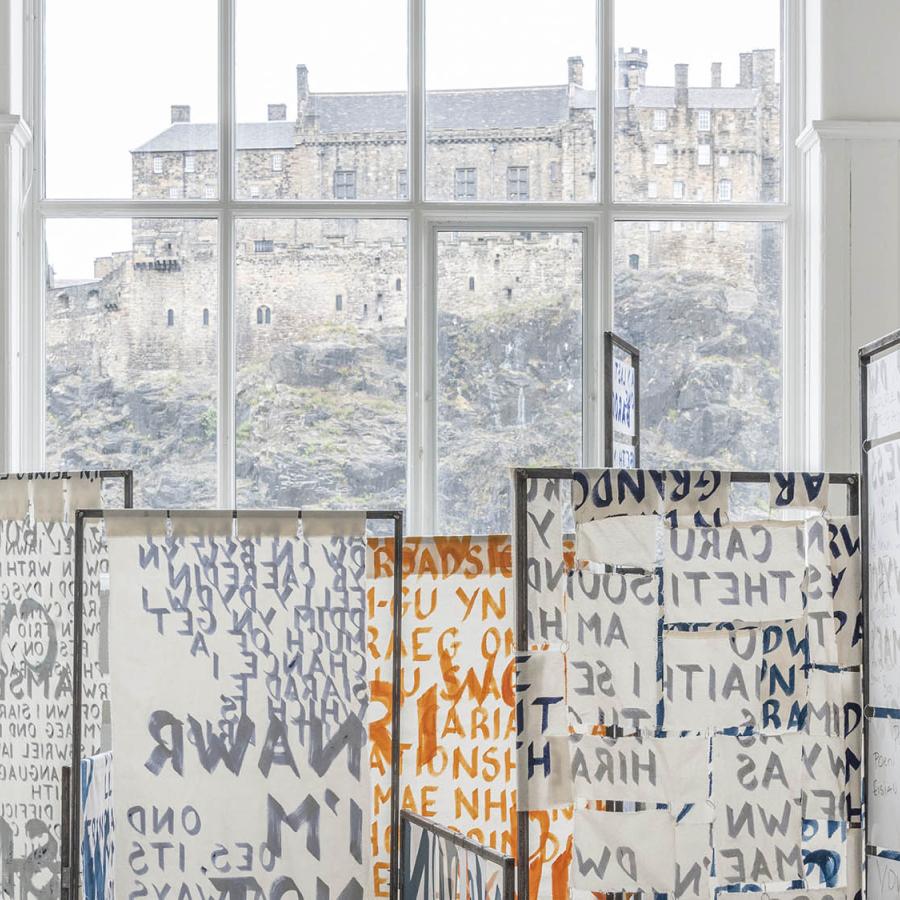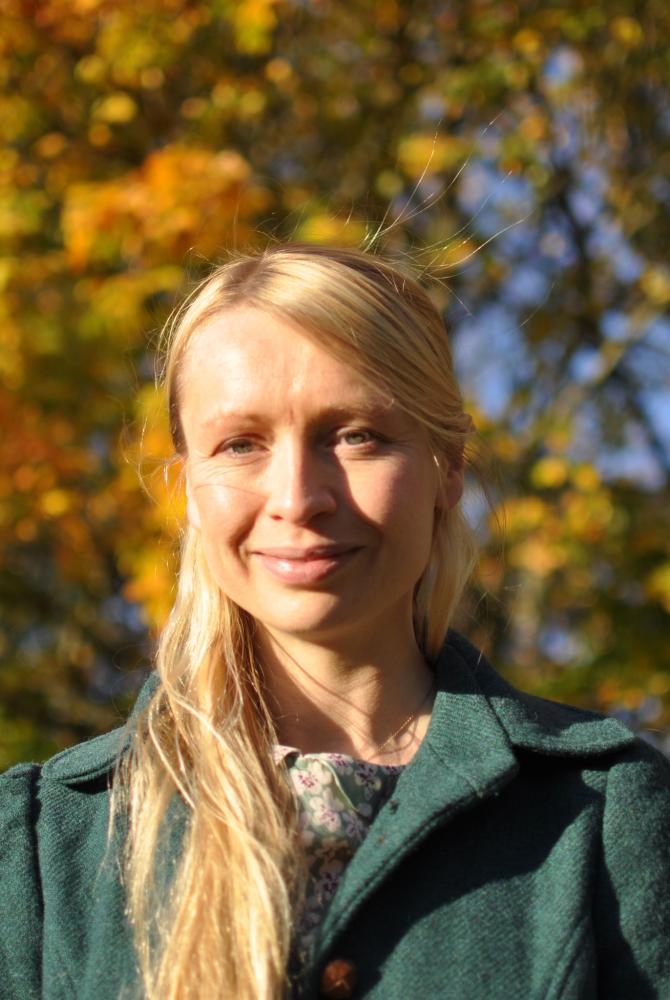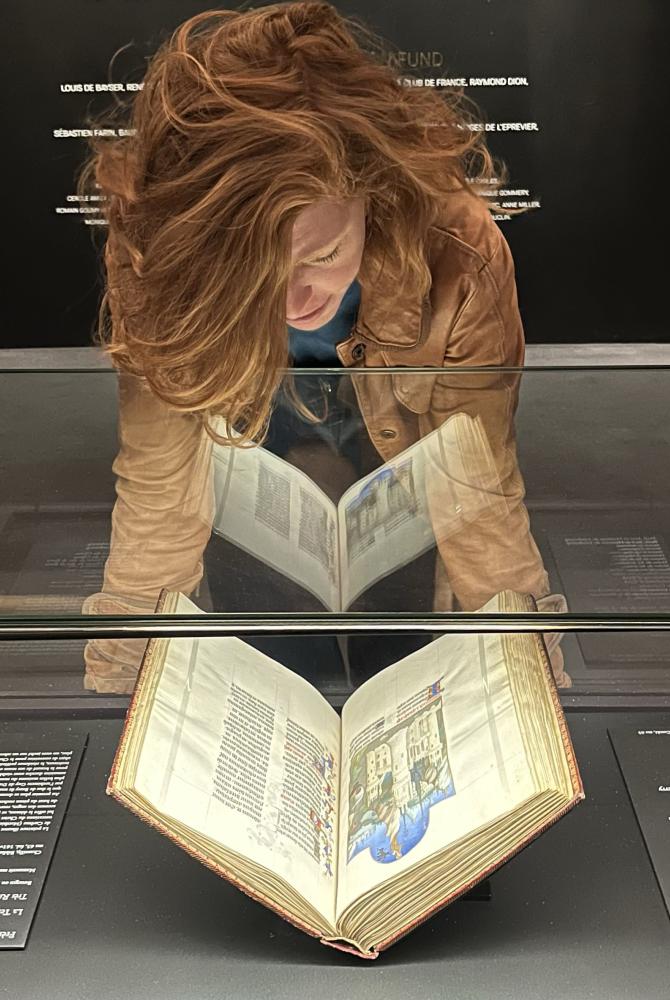Outline
This programme invites you to join one of the largest and most diverse concentrations of medieval, renaissance and early modern art historical expertise in the UK. Together, we will uncover neglected narratives and scrutinise assumptions that have often served as the foundations of art historical scholarship.
This programme aims to:
- diversify art history
- reveal meaningful connections and shared concerns
- embrace a breadth of theoretical frameworks and methodological approaches to objects from across the world.
You will cover a period from the third to the eighteenth century, with a far-reaching geographical scope, including:
- the British Empire
- Europe
- the Mediterranean
- Latin America
- the Middle East and North Africa
- India, China and Japan.
You will also study cultures from Christian to Islamic and Hindu to Buddhist.
The programme will allow you to conduct in-depth research projects in Edinburgh’s rich collection of archives and libraries, with behind-the-scenes access to world-leading galleries and museums.
You will also have the opportunity to spend a week in a place of global importance during the premodern period, such as Rome or Paris, working closely with members of the programme team.
To find out more about this course, visit our Degree Finder: Global Premodern Art: History, Heritage and Curation.


















